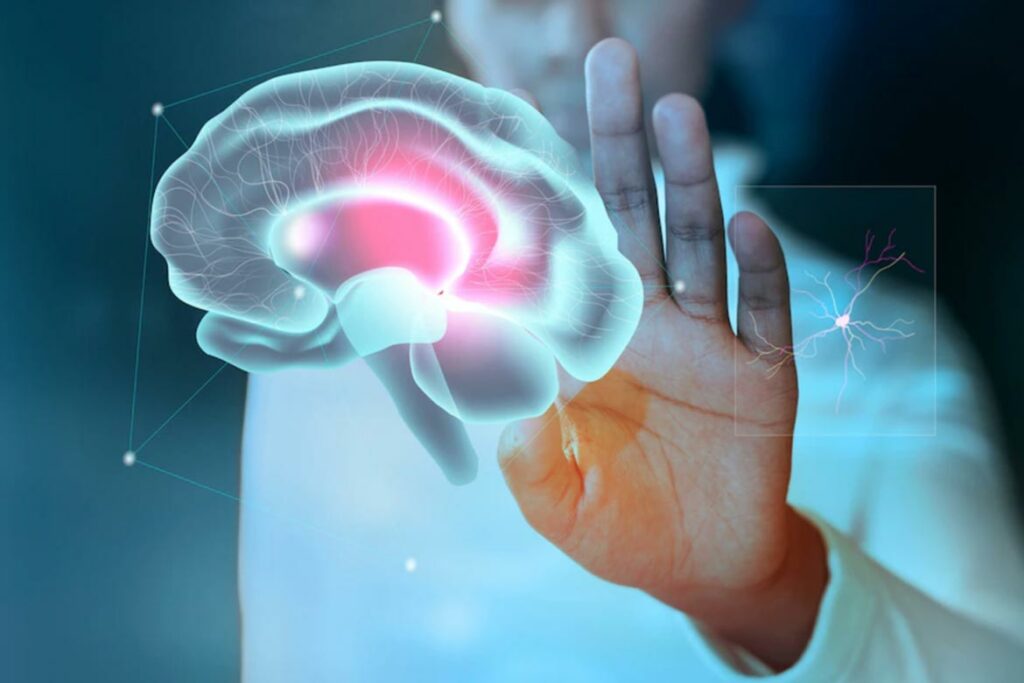Many new scientific and medical phrases have entered our parlance as a result of the COVID pandemic. In debates concerning virus strains, PCR testing, and mortality rates, many of us are now proficient. In order to describe a now-common symptom of COVID and extended COVID, “brain fog” has entered these ranks. Stress, irregular sleeping patterns, drugs, and other things can all contribute to the sensation of brain fog. It may lead to focus problems, memory problems, and confusion. In this article, we will understand about brain fog.
Brain fog: What is it?
Although it is a sign of other illnesses, brain fog is not a true medical ailment. This particular form of cognitive impairment entails-Memory issues, inadequate mental clarity, inadequate focus, incapacity to concentrate etc.
It’s also been called “mental weariness” by some folks. Depending on how severe it is, brain fog might cause problems at work or in the classroom. However, it is not required to be a constant in your life.
How it is related to COVID?

One of the most prevalent symptoms during the early stages of the COVID pandemic was brain fog. According to recent findings, three months after infection, 20–30% of persons report having cognitive fog. Brain fog affects up to 85% of those with lengthy COVID.
Although brain fog is frequently associated with COVID, it is a symptom that many other illnesses and disorders share.
However, brain fog is common among people recovering from traumatic brain injury, experiencing persistent post-concussion symptoms, with myalgic encephalomyelitis/chronic fatigue syndrome, fibromyalgia, HIV, postural tachycardia syndrome, lupus, post-treatment Lyme disease syndrome, and as a side-effect of chemotherapy. Scientists are unsure whether the same biological processes underlie brain fog in different illnesses. After consuming gluten, celiac disease sufferers may also feel mental fog. It has also been noted as a menopause symptom.
According to a recent study, inconsistent results in studies on mental fog may be related to the way various tests measure distinct brain activities. Although memory is unaffected, people with both mild and more severe forms of COVID may have issues with verbal and overall performance, reasoning, and processing speed. Therefore, studies that assess memory are less likely to demonstrate the consequences of brain fog, regardless of its intensity.
What factors contribute to mental fog?

Read more: These foods can trigger attacks in asthmatic patients; Know what they should eat
There are numerous reasons why brain fog occurs. The problem can be fixed once the root cause has been located.
According to 2017 research, persistent stress can raise blood pressure, compromise the immune system, and cause depression. It may also lead to mental exhaustion.
It is more difficult to reason, concentrate, and think clearly when your brain is worn out. If your continuous lack of clarity worsens or does not get better, consult a doctor.
A doctor cannot identify brain fog with a single test. A doctor will perform a physical examination, ask you about your health history, and ask you questions about your diet for mental health and physical activity level.
Tell your doctor about any additional symptoms you may experience. For instance, a person with hypothyroidism could also have weight gain, dry skin, brittle nails, and mental fog.
Your doctor can determine the reason of brain fog with the aid of blood tests. The following can be found via a blood test: fluctuating glucose levels, deficiency in thyroid, kidney, and liver function, nutritional adequacy, infections, inflammatory conditions etc.
Your doctor will decide whether to conduct additional research after reviewing the findings. Imaging tests that examine within the body, such as X-rays, magnetic resonance imaging (MRI), or computed tomography (CT) scans, may be used as additional diagnostic techniques.
In order to check for a sleep condition, the doctor might also perform allergy testing or a sleep study.
After other factors like inadequate sleep, stress, or hormone changes have been ruled out, the diagnosis of brain fog is most likely to be made based on the symptoms and experiences people report.
It may be beneficial to write down your symptoms and monitor them over a period of several weeks, along with any changes in stress, nutrition, or sleep, if you suspect that you may be having brain fog. By knowing this information, your doctor will be better able to diagnose and treat your problems.
How to handle it?
Read more: People Having Migraine Should Keep Themselves Away From These 7 Foods
Treatment for brain fog is based on the underlying reason. For instance, iron supplements may boost the synthesis of red blood cells and lessen brain fog if you have anaemia.
When an autoimmune disease is identified, a doctor may prescribe a corticosteroid or another drug to treat the inflammation or inhibit the immune system.
Sometimes treating a nutritional deficiency, adjusting medications, or getting more sleep will help clear up brain fog.
Among the natural treatments for brain fog are:
- Managing stress by being aware of your limits and avoiding drinking too much alcohol and caffeine.
- Enhancing your capacity for thought (try volunteering or solving brain puzzles)
- Increasing your consumption of protein, produce, healthy fats, and fruits and veggies
Although it might be annoying, brain fog is treatable. Because brain fog can affect your quality of life if left untreated, you should not disregard your symptoms. Your mental clarity can increase after the root reason is treated.
